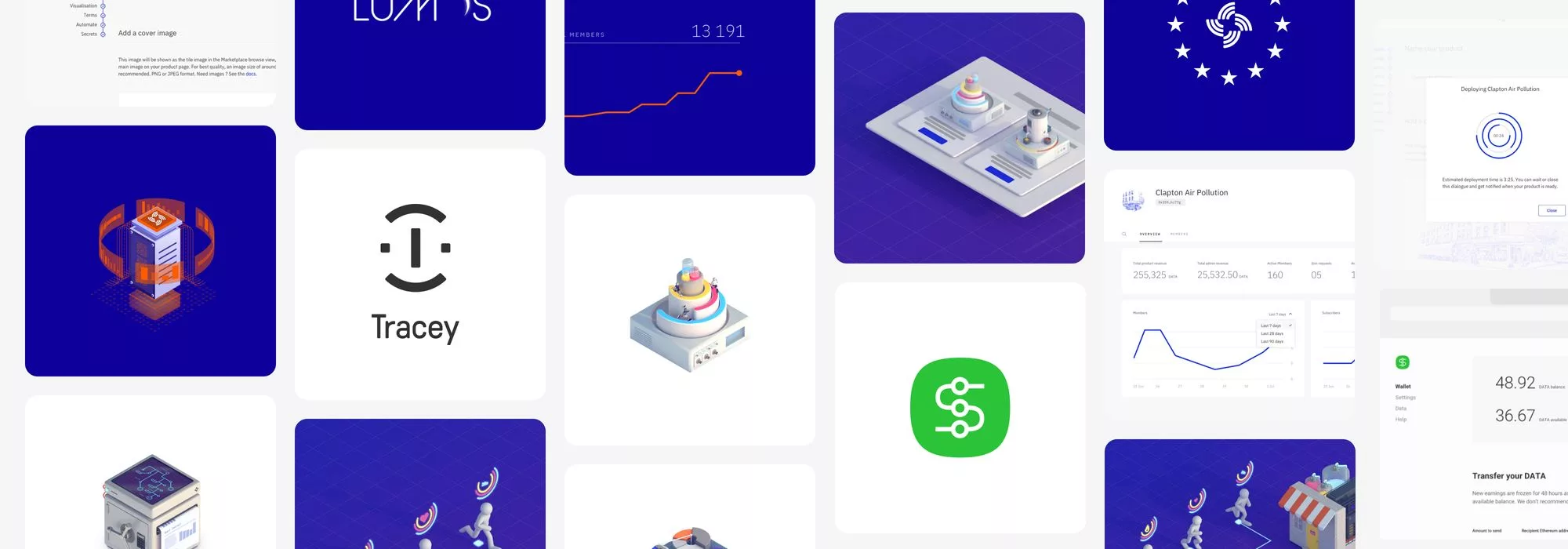
Building trust among users is one of the central concerns for businesses in this data-centric world. With IoT devices, smartphones and wearables constantly streaming information about users, it is exceedingly apparent that consumer data is vulnerable to illicit or malicious activity. Being connected to individuals across the globe and having amenities at our fingertips may be the defining characteristics of the information age we live in, however, these luxuries have some unpleasant implications.
Table of Contents
The Problem with Centralization
When a user signs up for seemingly “free” services that make their lives easier, they also unknowingly give up their right to privacy. Most services that you can use for free usually run on ad revenue, and the best way to ensure clicks on ads is to understand the user’s preferences and target ads tailored to their liking. Some apps even collect data like performance metrics to help them improve their services, but the real problem begins when the product attempts to “understand” the user.
Understanding the user involves collecting and storing multiple data points that describe the user, depending on what service is being used. For example, a navigation app may collect and store location data, whereas a shopping app may collect and store details of a recent purchase or search history. Companies that offer the service essentially own this data about their users and are free to use it to improve their own services or sell to other companies. Maintaining a central record of all users and their descriptors exposes a company’s data storage facility as a single point of failure, putting every user’s information at risk of a large scale data breach.
In September 2017, Equifax, a multinational consumer credit reporting agency, reported a data breach that exposed the personal information of 147 million people. This showcased a very significant vulnerability in centralized legacy systems. Reports showed that there were several single points of failure within Equifax. Blockchain-based solutions could have provided better security and consumer data privacy.
Decentralizing Consumer Data
Decentralization is one of the core offerings of blockchain technology, and this makes the blockchain a formidable solution to centralized security threats. The hackers reportedly breached Equifax through a customer support portal,then moved on to other web portals and servers and stole consumer data – usernames and passwords – with little intervention from Equifax’s security systems. A blockchain-based system would have made this kind of hack near-impossible, as it would have cut off access to servers, encrypted consumer data and prevented the security breach.
Breaches such as what happened with Equifax, highlight the importance of separating the different kinds of data that is collected about the consumer. WhatsApp’s recently updated privacy policy has brought these issues to the forefront, with more people realising how valuable their personal data is, and what it actually means to consent to using a service that has almost unlimited access to their personal data. Facebook alone collects thousands of data points, like the groups you are part of, posts you interact with, pages you follow etc. and the story is the same with Instagram too. As individual silos holding data, they have a limited amount of information about the user as an individual, but when the silos start speaking to each other (when they are integrated), they are able to provide a comprehensive profile on the user, their likes, dislikes, travel plans, preferences, location activity, daily schedule etc.
What’s worse is that with the integration of WhatsApp (especially its payment feature), the damage caused by a data breach of an entity with that amount of personal information would be unimaginable.
Emerging Solutions to Protect Consumer Data
The decentralization provided by the blockchain, along with the security and layers of encryption that it offers, allow the factor of ‘trust’ to be removed from the business owner. The users no longer have to rely on the precautions and safety measures taken by the company and can put their faith in the algorithms that govern transactions on the blockchain. This not only puts the ownership of personal data back in hands of the consumer, but also gives the user a choice as to what data they are comfortable with sharing.
Additionally, with tokenisation as an option, consumers can be incentivised to share their data with service providers. The DATA token, or Streamr DATAcoin, is an ERC-20 token used across the Streamr platform. For example, Streamr allows apps to stream data that they collect to Data Unions, where they can be purchased by organisations or individuals interested in the data. In return for the data they provide, users can be rewarded Streamr DATAcoins, in addition to having control over what data is shared.
Creating a trustworthy space where consumers can share intangible properties like data can seem quite challenging. However, with decentralized data economies, we can build trust and accountability into the overall data landscape.










